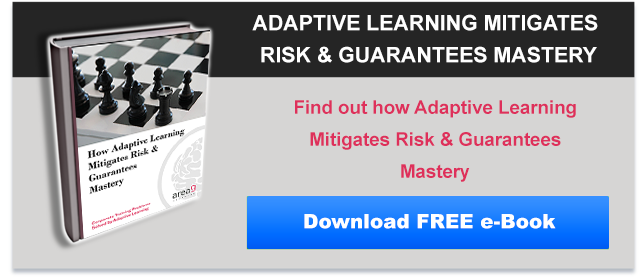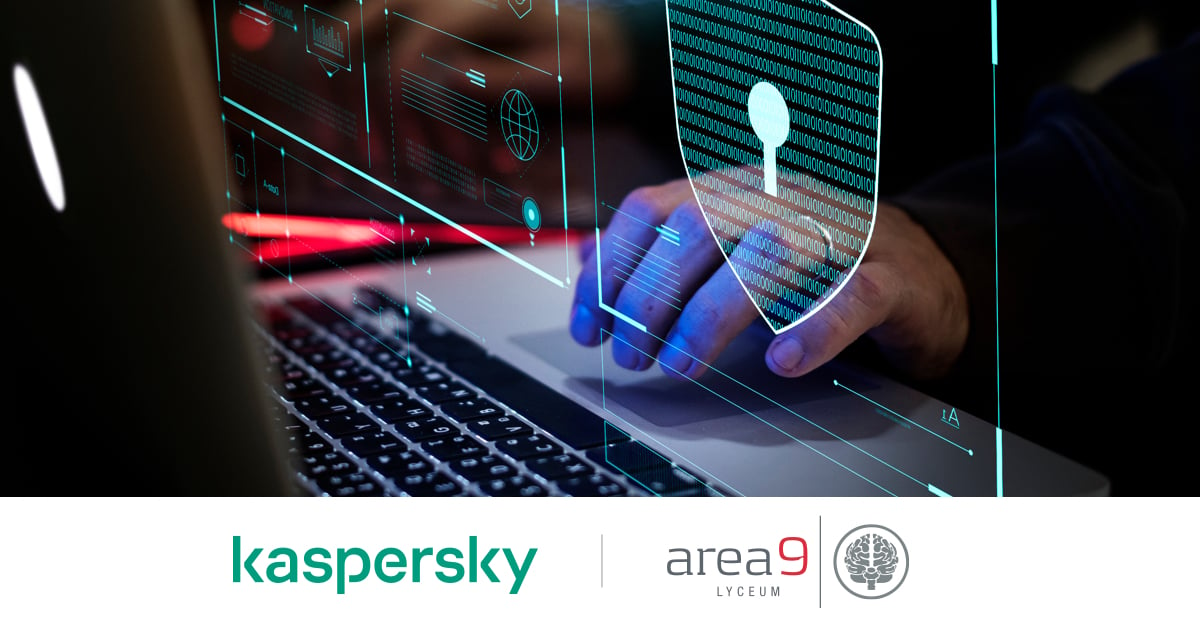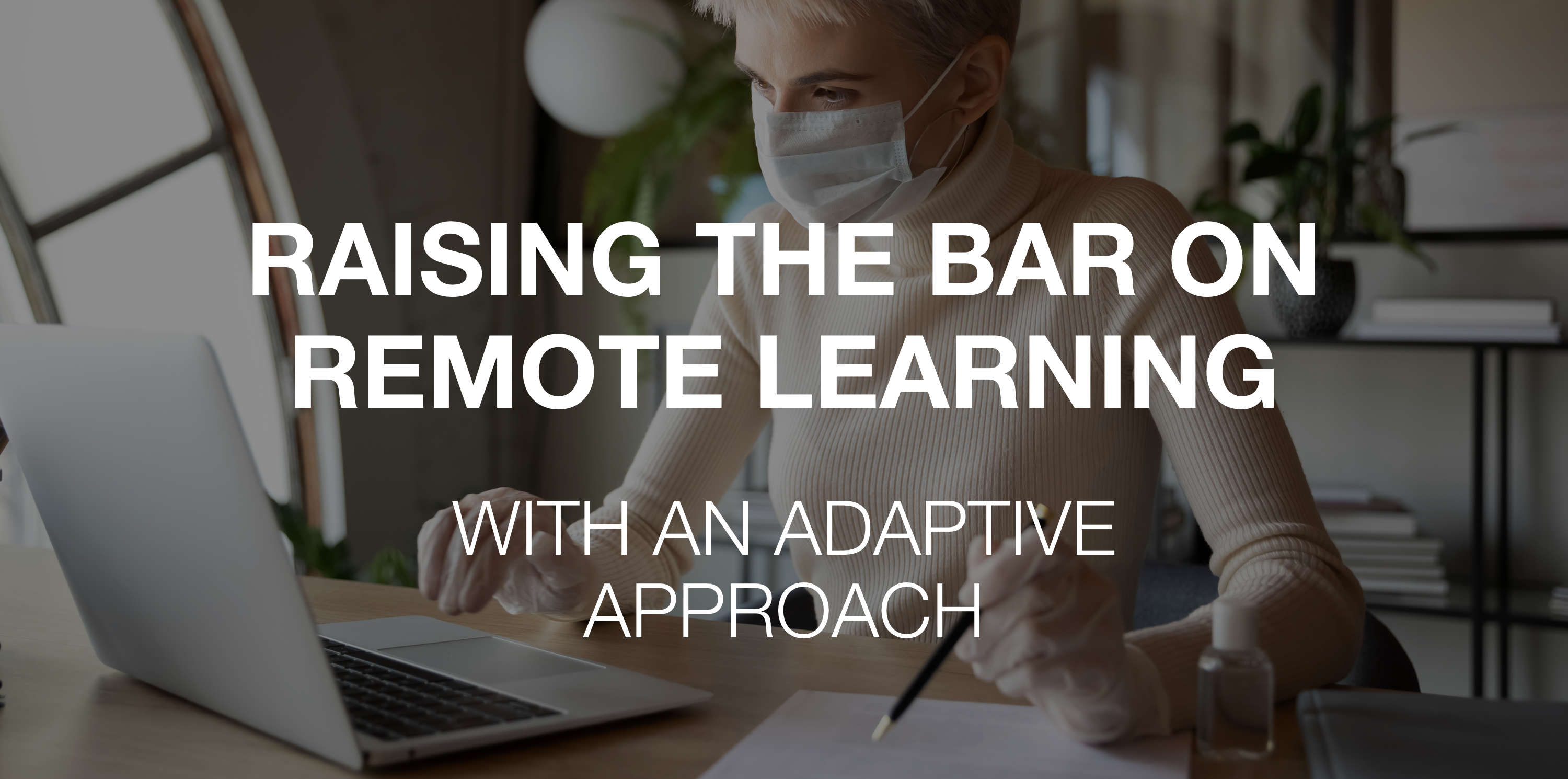The answer is: Always. But that seems impossible.
Normally, businesses only provide compliance training when:
- Onboarding a new hire
- An incident has occurred that demonstrates people need a refresher
- It’s time for annual compliance refresher training
- Employees need to meet minimum continuing professional education (CPE) criteria
But for financial compliance training, is that really enough?
The first two reasons are reactive, and even the third keeps you on the backfoot - the exact position you were trying to avoid by implementing the training. While the fourth provides learning on a more continual basis, employees often find mandatory training unengaging and are less likely to learn and master to content because of that. Those risks are too great for financial compliance, a sector that cannot afford to be complacent about the need for daily and continuous understanding of compliance regulations.
If you want to keep your bank free from lawsuits and fines, shouldn’t compliances officers be operating at the highest level of proficiency at all times? Therein lies the problem: continual training keeps a bank compliance officer away from their job and mandatory training creates feelings of frustration. But keeping them proficient requires consistent and continual training and refreshers.
Get the Most Out of Financial Compliance Training
Adaptive Learning provides training at scale while adjusting to the needs of individual learners. You can train all of your compliance officers (as well as all your other employees) with training that takes into account learning needs, experience, and the knowledge level of every employee.
Adaptive Learning teaches by asking questions, then by asking the learner to provide a self-assessment of their performance. The learning management system then uses the information gathered from the learner’s answer and self-assessment to get to know the learner and individualize the training further. Because Adaptive Learning gets to know each learner so well, operating much like a virtual, personal tutor, the learner never has to sit through learning content they already know - something that happens often when employees are forced to complete mandatory training and refreshers.
This individualized level of learning means that Adaptive Learning teaches up to 50% faster than other types of training delivery methods. With Adaptive Learning you can provide your compliance officers with consistent training without worrying about the amount of time they’re spending away from their jobs.
Adaptive Learning also uses the high level of personalization to refresh employees’ knowledge, especially in areas of weakness. Since no one remembers everything they learn the first time they learn it, Adaptive Learning provides repeated, targeted exposures to learning content that drives understanding, refreshes learner’s memories, and guarantees mastery of the learning content. Adaptive Learning doesn’t stop training when a learner completes the course. Adaptive Learning continues to train and expose learners to their necessary refreshers until they have a true understanding of the learning content. Then, the technology moves on to a new area of learning waiting to be mastered.
Mitigate Risk in Compliance for Banks
Download this E-book to learn about the other ways Adaptive Learning mitigates risk, and reduces liability for your business, and guarantees mastery of your training content.









